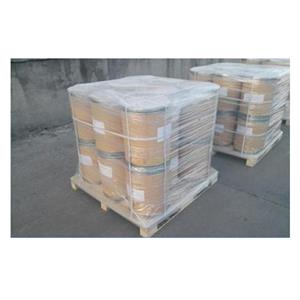Soy lecithin, a natural emulsifier derived from soybean oil, has diverse applications across industries due to its unique composition (phosphatidylcholine, phosphatidylinositol, etc.). Here’s a breakdown of its key uses:
1. Food Industry
(1) Emulsification
- Bakery: Prevents staling in bread, improves dough elasticity.
- Chocolate: Reduces viscosity, prevents bloom (fat separation).
- Margarine/Spreads: Stabilizes oil-water mixtures.
(2) Release Agent
- Non-stick coating for pans (e.g., cooking sprays).
(3) Nutritional Additive
- Enriches foods with choline (supports brain/liver health).
2. Pharmaceuticals & Supplements
- Drug Delivery: Used in liposomes to encapsulate drugs (e.g., vaccines).
- Liver Health: High-PC lecithin (≥60%) treats fatty liver disease.
- Cognitive Support: Choline precursor for neurotransmitter synthesis.
3. Cosmetics & Personal Care
- Moisturizer: Restores skin barrier (in creams/lotions).
- Emulsifier: Stabilizes oil-water mixes in serums/makeup removers.
4. Industrial Uses
- Paints/Inks: Prevents pigment settling.
- Animal Feed: Improves fat absorption in livestock.
5. Emerging Applications
- 3D Printing: As a bio-ink stabilizer.
- Vegan Products: Egg substitute in plant-based foods.
Key Benefits: Non-toxic, biodegradable, and cost-effective.
Forms Used: Liquid, powder, or granules (depending on application).



 China
China

